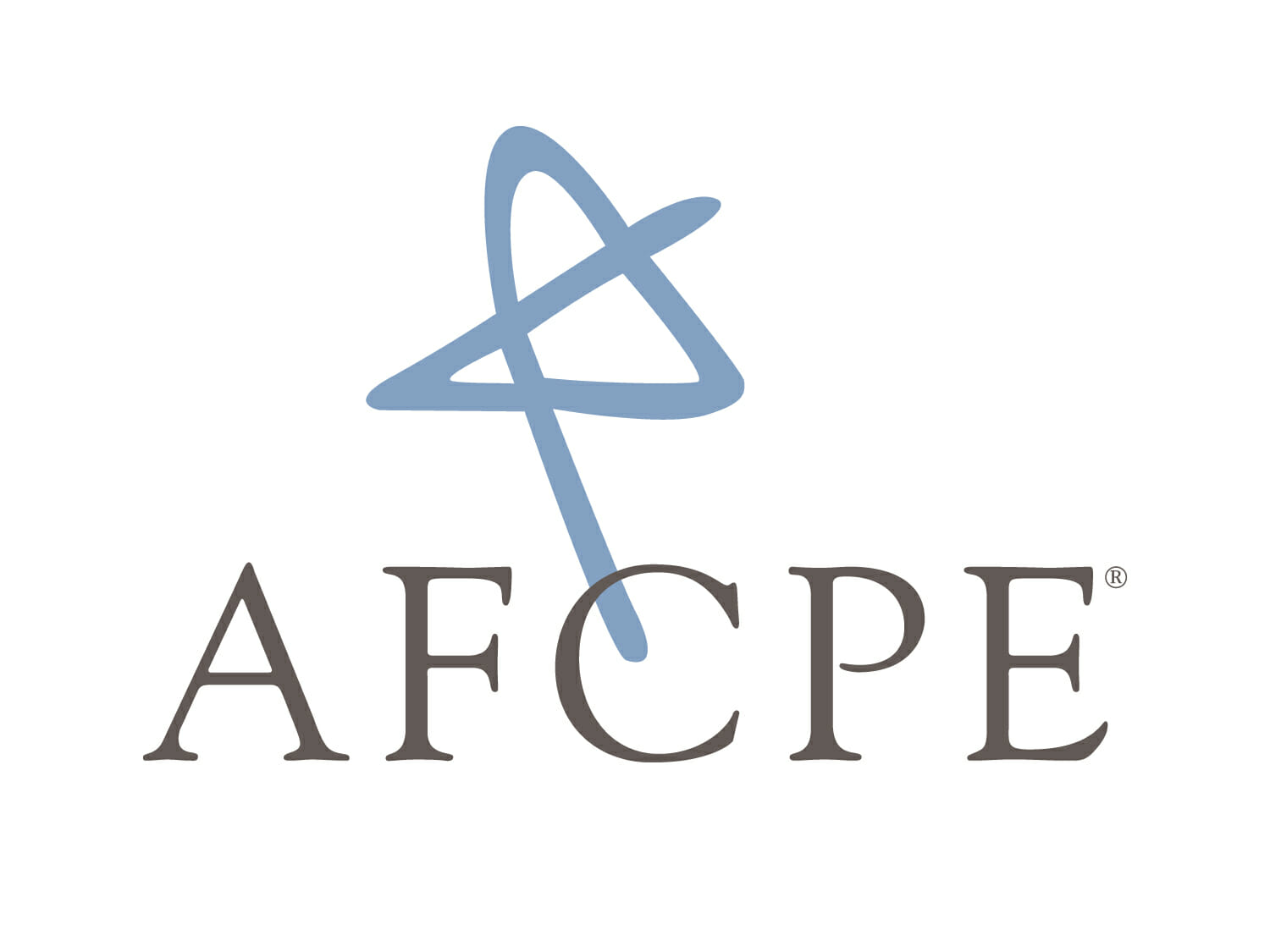This article was originally published on NerdWallet.com.
Financial advisors help people with financial and retirement planning. Credit counselors excel at helping people saddled with debt.
But what about people who need help navigating the confusing financial issues of their daily lives — debt, budgeting, retirement planning and everything in between?
For those people, an Accredited Financial Counselor (AFC®) might be the answer.
The AFC certification was created in 1993 by educators and researchers to fill a need for unbiased financial education. It is supported by the nonprofit Association for Financial Counseling and Planning Education®, or AFCPE®. Accredited Financial Counselors assist individuals and families in the complex process of financial decision making, including creating effective spending plans, overcoming debt, identifying and modifying ineffective money management behaviors and helping prepare and save for retirement.
“Effective money management skills are essential to living a healthy financial life, regardless of income level,” says Rebecca Wiggins, AFCPE executive director. “AFC professionals work with consumers from all walks of life, providing life-cycle financial education and helping clients establish a specific plan that helps them realize their goals.”
Once a firm financial foundation is built, AFC professionals often refer clients to a trusted financial adviser, such as a Certified Financial Planner, for wealth planning advice.
AFCs differ from other financial advisors and professionals in two main ways. First is the breadth and depth of their financial knowledge, from credit and debt to estate planning and retirement, which addresses a client’s complete financial life. Second, AFC professionals do not sell financial products, setting them apart from brokers and other wealth managers. AFC professionals are focused solely on providing unbiased financial education.
AFCs also serve a broader population than either credit counselors, who tend to focus on lower-income clients, or financial advisors, who gravitate toward wealthier individuals. AFCs offer financial education and counseling at military installations; within colleges and universities; through nonprofit community groups, governmental agencies, banks/credit unions, financial aid offices and credit counseling agencies; and in private practice.
Military families are a particular focus. AFC professionals provide financial education services to members of the armed services at more than 250 installations worldwide. Additionally, military spouses have had the opportunity to earn the designation through funding from the FINRA Education Foundation, providing them with a viable career and enabling them to provide services to the military community.
This year, the Consumer Financial Protection Bureau launched its Financial Coaching Initiative, targeting recently transitioned veterans and economically vulnerable consumers. All coaches employed through this initiative are required to obtain the AFC certification.
AFC professionals have now partnered with NerdWallet on its Ask an Advisor platform, in which financial professionals provide free advice to consumers on all aspects of their financial lives.

Leave a Reply